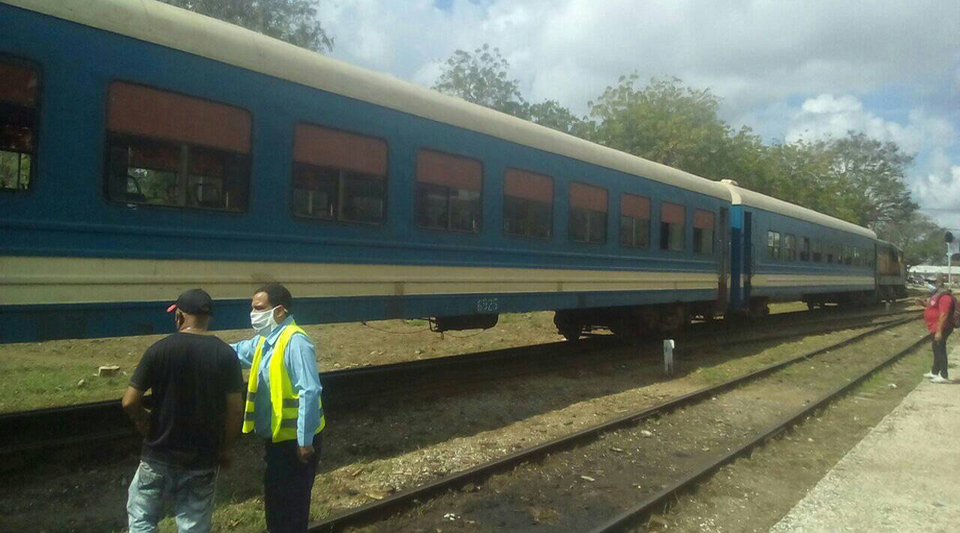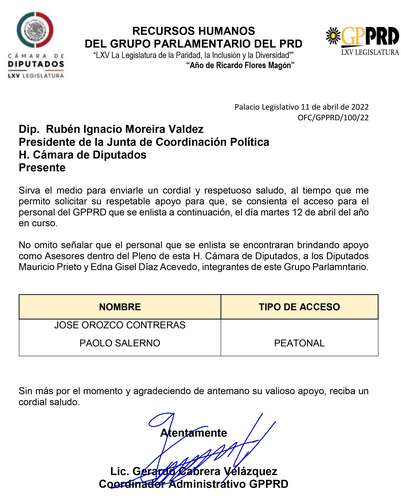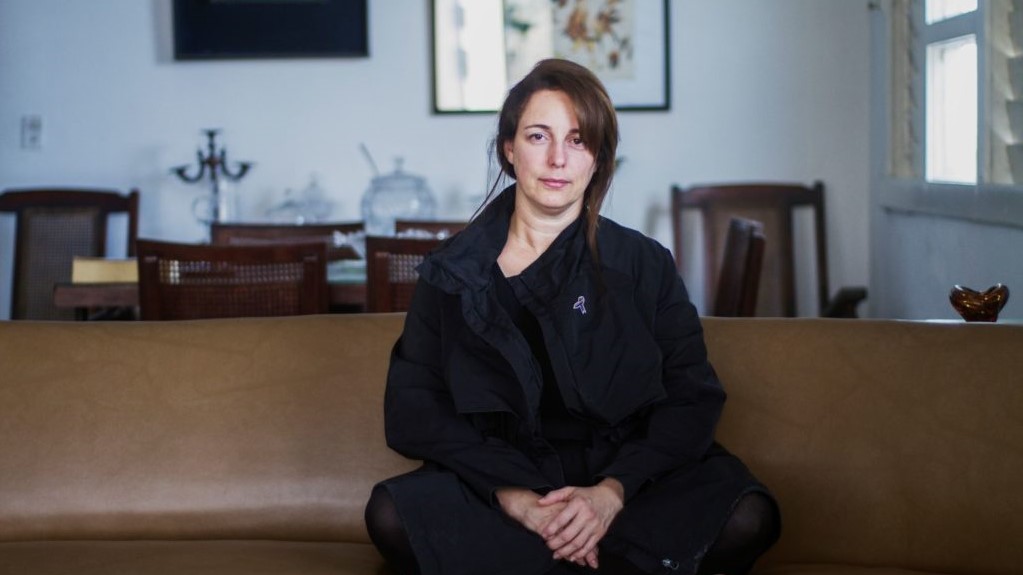“Temporarily” all trains “are cancelled” in the province of Ciego de Ávila and its routes of Morón, Júcaro, Majagua, Limones Palmeros, announced the Central Eastern Division of the Railways, this Wednesday, through its page of Facebook.
According to the same publication, the cause is “the fuel deficit”, which will also put an end to the route between Baraguá and Ciego de Ávila, which would make its last journey this Thursday morning.
“We apologize for the inconvenience this may cause,” the entity wrote, but the suspension of the rail service did not please several netizens. “Apologies do not solve the transportation problem, already critical, if they took just a little more fuel from the great gentlemen, they would not have to apologize,” Dagoberto Gascón wrote on Facebook.
“The train is an old iron ball, with very uncomfortable wooden seats, that when you get in there and get to where you are going, you have the stench of rust on your skin, and it makes a lot of noise and moves everywhere “, describes one of the users, who acknowledges that he and his family avoid using this type of transport.
The railway has traditionally been the most popular means of transport in the interior of the Cuban provinces, but the crisis that the sector has experienced in recent decades has significantly affected its scope, frequency of departures and technical condition of wagons and locomotives.
“The train is an old iron ball, with very uncomfortable wooden seats, that when you get in there and get to where you’re going, you have the stink of rust on your skin”
At the end of 2020, Russia announced that it had suspended the modernization project for Cuban railways “due to economic difficulties and quarantine restrictions on the island,” according to the director of the state railway company of the Eurasian country (RZD), Sergei Pavlov.
“Unfortunately, we have had to suspend our project for the comprehensive modernization of the Cuban railway infrastructure due to economic difficulties and quarantine restrictions on the island, but we hope to resume work after the situation has stabilized,” Gudok said.
In October 2019, RZD signed an agreement with the Union of Cuban Railways to modernize the entire national railway structure. According to the agreement, Russia fully financed the project, valued at 2,314 million dollars.
In a new fuel crisis on the Island, in March of this year the authorities began to regulate sale in Cupet service centers. It first became known in Matanzas, where it was arranged to sell only 10 liters of gasoline and 20 of diesel in tanks, while directly in the tank of the car, a maximum of 20 liters of gasoline and 40 of diesel.
The next day, the regulation began in Havana without prior notice and it got worse, because the Cupet announced that they would only sell 20 liters of gasoline per vehicle and no longer in containers. The diesel story was different, there just wasn’t.
Despite the ban, some service centers paid attention ignored and sold gasoline in containers.
The restriction caused long lines of vehicles in the largest Cupets, such as the one in El Vedado in Havana, where in the early hours of the morning the lines were more than 10 blocks long.
“Unfortunately, we have had to suspend our comprehensive modernization project for the Cuban railway infrastructure due to economic difficulties”
Without giving further explanations, the authorities assured that the limits on sales are not a consequence of a fuel deficit in the country, “but rather that it responds to the logistical assurance for its distribution.”
They also explained that the state-owned company Transcupet, in charge of supplying the establishments, currently works with 62% of its vehicles, so that “they must give priority to the diesel that the generators need, which is extremely necessary at the moment due to the crisis. temporary energy that the country suffers”.
Two days after queues for fuel began to proliferate in Havana, the capital’s Temporary Work Group attributed the shortage to the increased consumption of diesel by the generator sets as a result of a breakdown at the Antonio Guiteras thermoelectric plant in Matanzas, the largest in Cuba.
The Ciego de Ávila rail service had barely returned in october last year, after having stopped due to the covid-19 pandemic crisis; In fact, the route from the Palmero Limones community, in the municipality of Majagua, was only resumed on March 10 of this year, according to the official agency ACN, after a six-year paralysis.
________________________
Collaborate with our work:
The team of 14ymedio is committed to doing serious journalism that reflects the reality of deep Cuba. Thank you for joining us on this long road. We invite you to continue supporting us, but this time becoming a member of our journal. Together we can continue transforming journalism in Cuba.


















